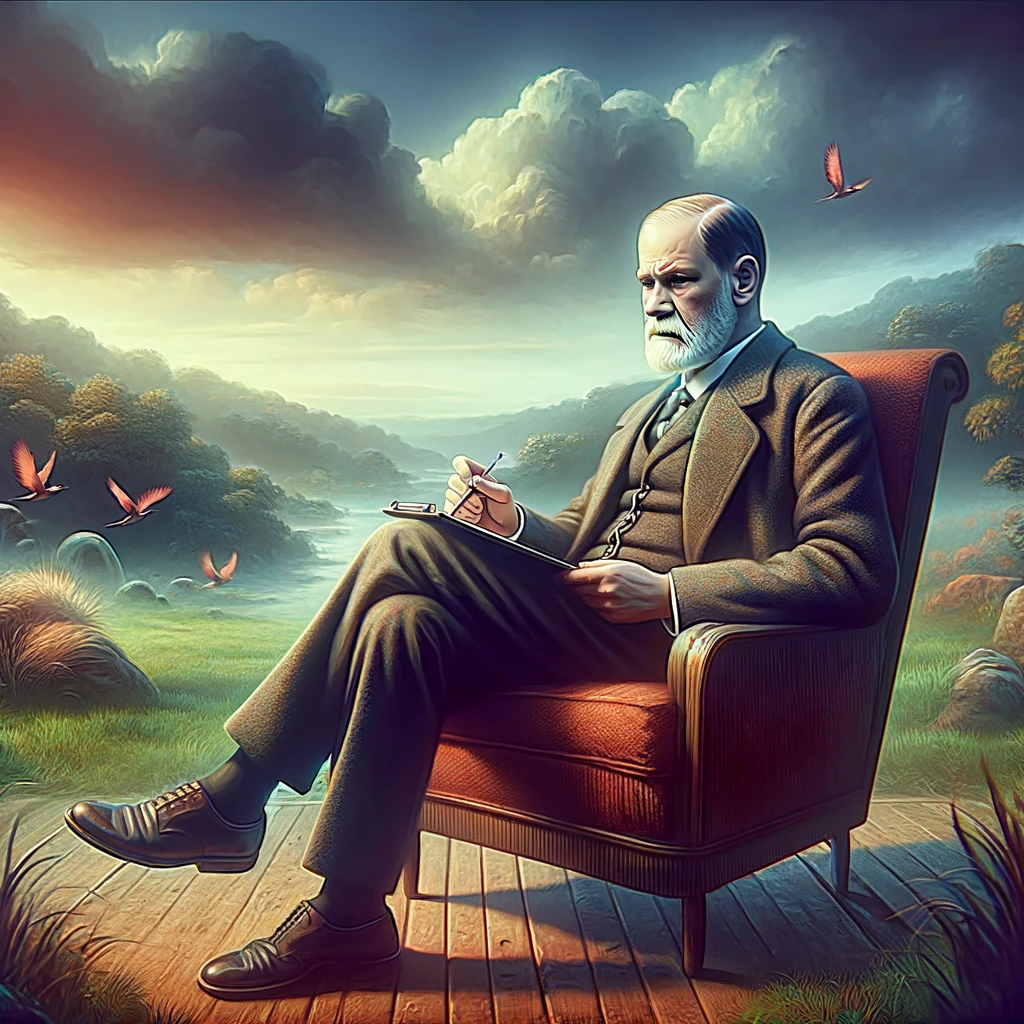Sigmund Freud, often hailed as the father of psychoanalysis, made profound contributions to psychology that continue to influence the field and our understanding of the human mind. Born in 1856 in what is now the Czech Republic, Freud’s work laid the foundation for much of modern psychology’s understanding of human behaviour and mental processes. Let’s explore some of his top contributions simply and straightforwardly.
1. The Concept of the Unconscious Mind
One of Freud’s most revolutionary ideas was the concept of the unconscious mind. He proposed that much of our behavior and emotions are not within our conscious control but stem from an unseen part of our mind. This idea suggested that our dreams, slip-ups in speech, and even seemingly random thoughts might have deeper meanings related to unconscious desires and experiences.
2. Psychosexual Stages of Development
Freud introduced the theory that human development occurs in five psychosexual stages: oral, anal, phallic, latency, and genital. He believed that our personalities are shaped by how we experience these stages in childhood. According to Freud, unresolved conflicts during any of these stages could lead to psychological issues in adulthood.
3. The Structure of Personality
Freud’s model of the human psyche as consisting of three parts—the id, ego, and superego—offered a new way to understand human behavior. The id represents our innate desires and drives, the ego is our rational self that tries to balance the id with reality, and the superego is our moral conscience. This interplay shapes our behavior and decisions.
4. Defense Mechanisms
Freud identified several defense mechanisms that the ego uses to protect itself from anxiety and uncomfortable thoughts or feelings. These include denial, repression, projection, and rationalization, among others. Understanding these mechanisms has become crucial in clinical psychology and psychotherapy to help people uncover and deal with hidden fears and desires.
5. Dream Analysis
Freud saw dreams as the “royal road to the unconscious,” a way to access the deep-seated desires and conflicts hidden from our conscious minds. Through dream analysis, he believed we could understand our unconscious motivations and resolve the conflicts causing psychological distress.
Legacy and Impact
While some of Freud’s theories have been contested and refined over the years, his work has had a lasting impact on psychology, therapy, and our general understanding of human behavior. He was a pioneer in exploring the complexities of the mind and laid the groundwork for countless theories and therapeutic practices that followed.
Freud’s contributions go beyond just the academic and clinical; they have permeated popular culture, influencing how we think about ourselves and others. Despite the controversies, his ideas continue to spark debates and inspire new generations of psychologists and psychoanalysts to explore the depths of the human psyche.
Sigmund Freud’s work has been monumental in shaping the landscape of psychology. His innovative ideas about the unconscious mind, the stages of psychosexual development, the structure of personality, defense mechanisms, and dream analysis have not only expanded our understanding of human behavior but also opened new pathways for treating psychological distress. Freud’s legacy endures, making him one of the most influential figures in the history of psychology.




